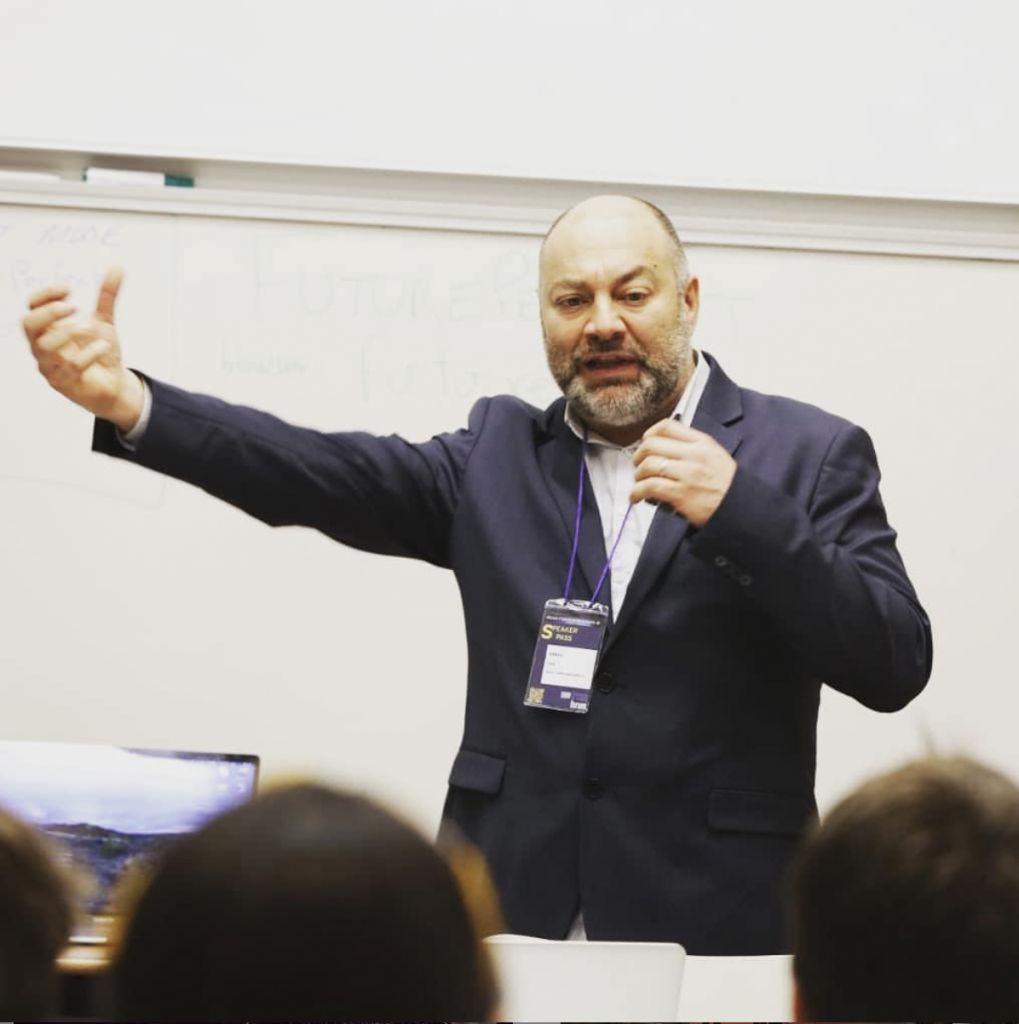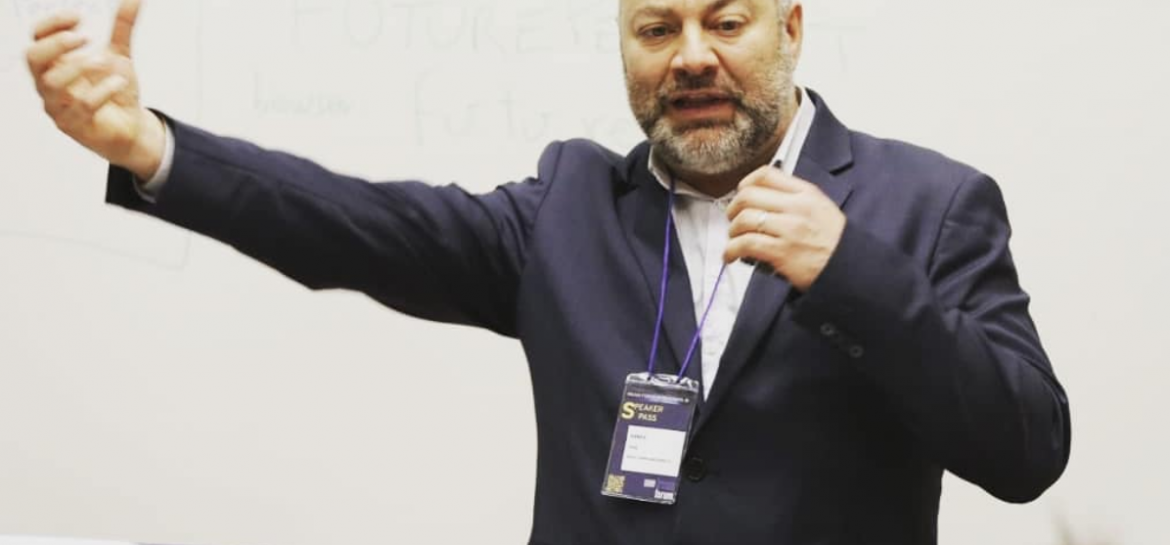Last week I had the pleasure of speaking at the prestigious IRCAM, a Music & Technology institution in Paris. If you’ve unfamiliar with IRCAM it’s worth doing a little digging, they’re the place where Max was first created, a music/sound programming environment that’s become the standard in visual programming environments for realtime sound installations and too many music projects to name.
I spoke about creating new instruments, the challenges of creating a Rapid prototyping workshop for instruments and why I chose to make the workshop about hacking existing instruments. The talk was received well and the discussion that followed was excellent.

Here are some of the major points from the discussion:
Does hacking an existing instrument limit the types of results in the workshop?
How can we lower the barrier for learning to code? It seems that the capacity/perception of programming is established early on in people’s education and many have huge psychological blocks to programming.
When creating a hardware kit for prototyping my approach is to maximize the range of possibilities but by limiting the choices we might be able to get to more fully-realized prototypes, ie. higher fidelity.


Leave a Reply